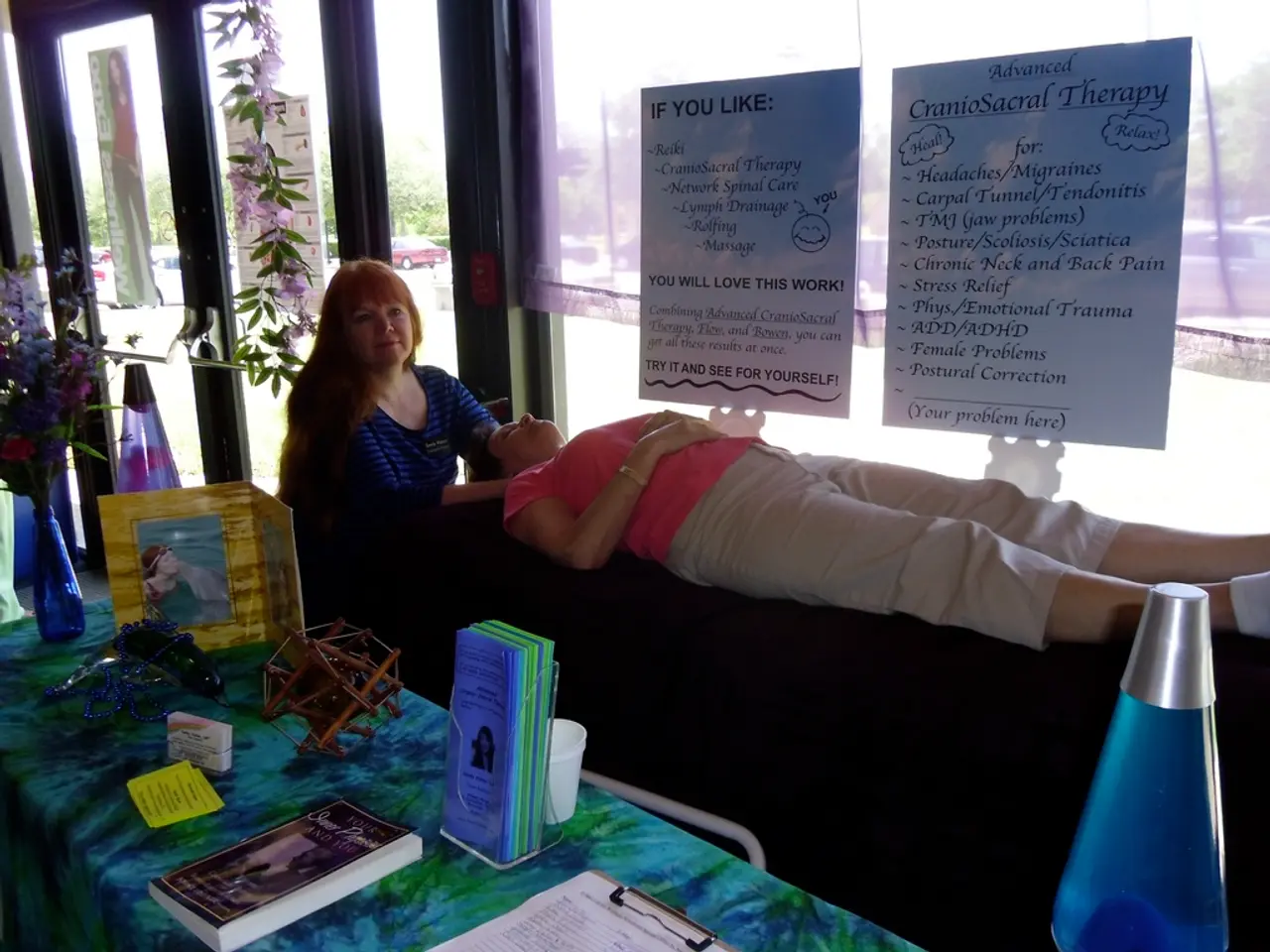Struggling with Post-vacation Melancholy? Strategies to Combat Post-holiday Blues
In the midst of holiday season, returning home after a much-needed vacation can sometimes lead to feelings of sadness, fatigue, and a general sense of unmotivation. This phenomenon, known as post-vacation depression or post-travel blues, is more common than one might think.
Post-vacation depression refers to a type of depression that affects one's functioning after going on vacation. The causes of this condition are varied, but some of the most common include a sudden drop in dopamine levels, a shift in reality, disrupted routines, and emotional symptoms such as nostalgia, restlessness, and anxiety.
The dopamine drop occurs when the brain experiences a surge of dopamine, the neurotransmitter associated with reward and pleasure, during the vacation. Upon returning home to routine life, this "feel-good" chemical suddenly drops, leaving individuals feeling drained, unmotivated, and nostalgic.
The reality shift is another factor that contributes to post-vacation depression. Vacations are often idealized as times of freedom and relaxation. The return to daily responsibilities—work, household chores, and bills—can feel overwhelming and disappointing, clashing sharply with the vacation mindset.
Travel often disturbs sleep patterns, eating habits, and daily schedules, especially with time zone changes. Readjusting to your regular routine can leave you feeling physically and mentally off-balance, compounded by jet lag or travel fatigue.
Emotional symptoms common to post-travel blues include nostalgia, restlessness, anxiety, irritability, sadness, fatigue, trouble concentrating, and difficulty sleeping. These symptoms usually resolve within two weeks but can be distressing for some individuals.
Fortunately, there are strategies to help individuals cope with post-travel blues. Acknowledging your feelings is the first step, as accepting your emotions without judgment is crucial in managing them. Gradual reentry into daily life can also help, allowing a buffer day before returning to work or major responsibilities.
Reestablishing healthy habits such as exercise, maintaining a regular sleep schedule, and eating balanced meals can stabilize mood and energy levels. Practices like meditation or journaling can also help individuals process their trip and transition back to everyday life.
Staying connected with friends, family, and new acquaintances made during the trip can mitigate feelings of isolation. Sharing travel stories or keeping in touch with new friends can provide a sense of continuity and support.
Planning future trips or even local outings can keep excitement alive and provide something to look forward to. Reflecting on the trip’s highlights—through photos, souvenirs, or writing—can also help focus on gratitude rather than loss.
If symptoms persist for several weeks, intensify, or interfere with daily life, it may be worth seeking support from a mental health professional. Mental health services are available nationwide with flexible scheduling and insurance coverage.
In summary, feeling down after a trip is common, but with self-awareness and proactive strategies, most people recover within a short period and can even use the experience to enrich their everyday lives. If symptoms persist, it is essential to seek help to ensure a swift and healthy recovery.
[1] Mayo Clinic. (2021). Post-vacation blues: When the travel high fades. https://www.mayoclinic.org/healthy-lifestyle/adult-health/in-depth/post-vacation-blues/art-20046156 [2] HelpGuide.org. (2021). Post-vacation depression: How to cope with the post-vacation blues. https://www.helpguide.org/articles/mental-health/post-vacation-depression-how-to-cope-with-the-post-vacation-blues.htm [3] American Psychological Association. (2021). Post-vacation blues: How to deal with post-vacation depression. https://www.apa.org/topics/post-vacation-blues [4] Healthline. (2021). Post-vacation depression: Symptoms, causes, and coping strategies. https://www.healthline.com/health/post-vacation-depression [5] Verywell Mind. (2021). Post-vacation depression: Symptoms, causes, and how to cope. https://www.verywellmind.com/post-vacation-depression-4774694 [6] Psych Central. (2021). Post-vacation depression: What it is and how to cope. https://psychcentral.com/health/post-vacation-depression
- Including aspects of science and health-and-wellness, recognizing post-vacation depression as a type of depression associated with a drop in dopamine levels and other emotional symptoms is crucial in understanding and managing this condition.
- In the realm of education-and-self-development and personal-growth, acknowledging your feelings and employing proactive strategies like reestablishing healthy habits, meditation, journaling, and staying connected with others can help individuals cope with post-travel blues and transition back to everyday life.
- As part of career-development, planning future trips or local outings can not only help maintain excitement but also provide opportunities for expansion and growth both personally and professionally.
- Instead of dwelling on the loss of vacation, focusing on mental-health and nutrition practices like reflecting on trip highlights through photos, souvenirs, or writing, can help individuals shift their mindset towards gratitude, supporting a healthier recovery.




